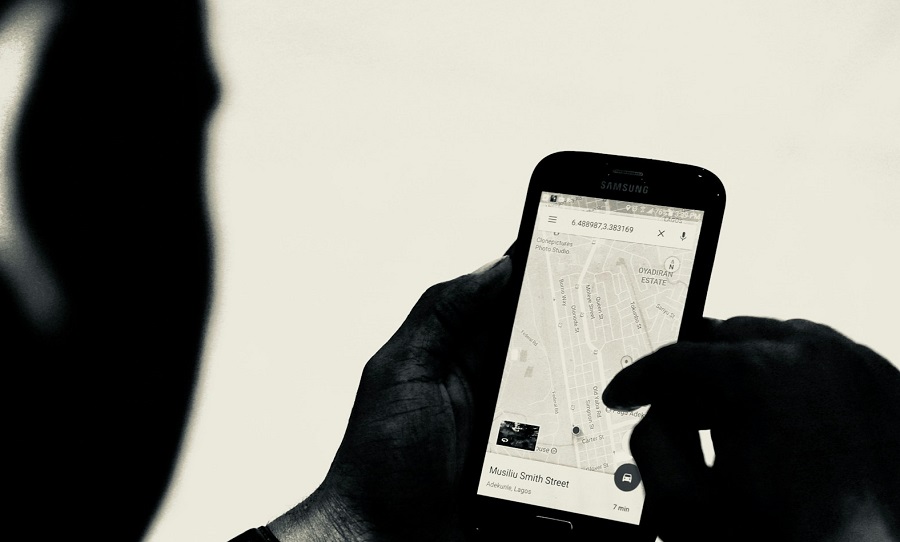Mobile Phones in Prison: Rules for Communication in the UK

In the austere confines of Her Majesty’s prisons, a new battleground has emerged: the mobile phone. As technology advances, so too does the challenge of maintaining order within correctional facilities. This article examines the intricate web of rules governing communication devices behind bars in the United Kingdom, exploring the legal ramifications, alternative methods of contact, and the delicate balance between security and prisoners’ rights. For matters concerning specific cases, it is advisable to consult a qualified legal professional.

Key Takeaway: What is the UK’s stance on mobile phones in prisons?
Discover how UK prison communication policies impact inmates, visitors, and legal professionals.
Decoding the UK’s prison phone policies
The United Kingdom’s stance on mobile phones in prisons is as unyielding as the bars that confine its inmates. A labyrinth of laws, policies, and consequences awaits those who dare to breach the telecommunication barriers of penal institutions:
- The Prisons Act 1952, as amended by the Offender Management Act 2007, explicitly criminalises the possession of mobile phones within prison premises.
- The Prisons (Interference with Wireless Telegraphy) Act 2018 grants prison governors the authority to deploy signal-blocking technology to prevent mobile phone use.
- The Prison and Probation Service enforces a zero-tolerance policy, with stringent measures to detect and confiscate unauthorised communication devices.
- Penalties for infractions range from loss of privileges to additional custodial sentences, potentially extending an inmate’s incarceration by up to two years.
Beyond the mobile: Sanctioned channels of prison communication
In the absence of mobile phones, the prison system offers a carefully curated menu of communication options, each with its own set of rules and limitations:
- Landline telephones: Inmates may access monitored payphones during designated hours, with calls subject to time limits and pre-approved contact lists.
- Postal correspondence: The time-honoured tradition of letter writing remains a stalwart, albeit with stringent screening procedures for both incoming and outgoing mail.
- Email a Prisoner service: A digital-age concession that allows approved senders to dispatch electronic messages, which are then printed and delivered to inmates.
- Video visitation: An emerging technology being trialled in select facilities, offering face-to-face interactions via secure, monitored video links.
The reality of contraband: Mobile phones in UK prisons
Despite stringent regulations, the presence of contraband mobile phones in UK prisons remains a persistent challenge for authorities:
- The Ministry of Justice reported 11,997 mobile phones and SIM cards were confiscated in prisons across England and Wales in 2020, despite enhanced security measures.
- A thriving underground economy exists, with smuggled devices commanding exorbitant prices and creating power dynamics among inmates.
- Debates continue regarding the balance between security concerns and the humanitarian aspects of allowing prisoners more frequent contact with family and support networks.
- Technological advancements in detection methods, including signal-blocking systems and specialised search equipment, are continually being implemented to combat the issue.
Rare exceptions: When mobile phones cross the threshold
While the general prohibition on mobile phones in UK prisons is near-absolute, a few narrowly defined exceptions exist:
- In certain open prisons or during work release programmes, carefully vetted inmates may be granted limited mobile phone access as part of their rehabilitation process.
- Extraordinary circumstances, such as severe medical emergencies or national security situations, might warrant temporary, supervised mobile phone use within prison walls.
- Some prisons are piloting secure, prison-issued mobile phones with restricted capabilities for inmate use, aimed at reducing illegal phone smuggling.
Do I need a lawyer?
When confronted with issues surrounding mobile phones in the prison system, legal counsel may prove invaluable:
- If you’re accused of supplying a mobile phone to an inmate, whether intentionally or unknowingly, immediate legal representation is crucial.
- Inmates facing disciplinary action or additional charges for mobile phone possession should seek legal advice to understand their rights and potential defences.
- Family members concerned about communication restrictions or seeking to challenge visitation bans may benefit from consulting a solicitor specialising in prison law.
- In cases where evidence obtained from illicit mobile phone use is being used in legal proceedings, expert legal guidance can be critical in challenging its admissibility.
FAQs
- Can I visit a prisoner who’s been caught with a mobile phone? Visitation rights may be suspended or restricted. The duration depends on the prison’s policies and the specific incident.
- What happens if I’m accused of supplying a phone to an inmate? You may face criminal charges, fines, and potential imprisonment. Seek immediate legal representation.
- How should a professional respond if contacted by an inmate using an unauthorised mobile phone? End the call immediately and report the incident to prison authorities to avoid potential legal implications.
- How can I send urgent messages to an inmate if mobile phones are prohibited? Contact the prison directly. Staff will assess the urgency and relay genuine emergency messages.
The UK’s stance on mobile phones in prisons remains stringent, with clear prohibitions and penalties. While alternative communication methods exist, the challenge of contraband devices persists. Individuals interacting with the prison system must remain informed of current regulations to avoid legal complications.
Need legal advice on prison communication issues?
Qredible can connect you with experienced solicitors specialising in prison law and inmates’ rights.
KEY TAKEAWAYS
- UK law strictly prohibits mobile phones in prisons, with severe penalties for possession and smuggling.
- Sanctioned communication methods include landlines, letters, email services, and limited video calls.
- Despite stringent measures, contraband mobile phones remain a persistent issue in UK prisons.
- Rare exceptions exist in specific circumstances, but these are tightly controlled.
- Legal counsel is advisable for those facing accusations related to prison mobile phone infractions.
Do you need a solicitor?
Find a solicitor on Qredible in just a few easy steps
Hampshire Solicitor
Derbyshire Solicitor
Pentre Solicitor
London Solicitor
Hampshire Solicitor
Hampshire Solicitor
















